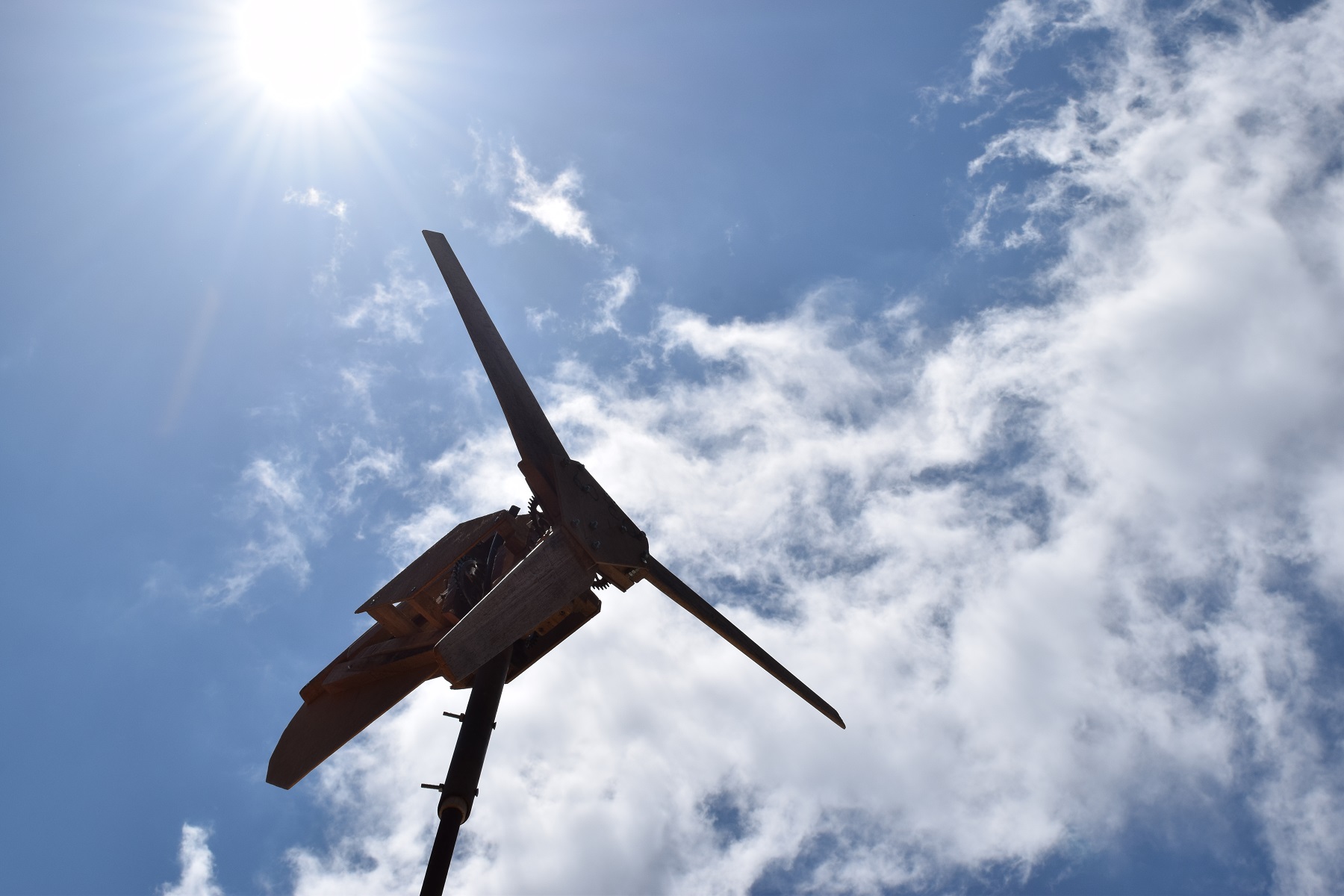

May 25, 2016

Caleb Grove, a past WEICan intern is currently in a small village in rural Cameroon helping to provide the comforts of electricity using sustainable methods as well as the knowledge and skills he gained during his time with WEICan.
While completing his bachelors of mechanical engineering at the University of New Brunswick, Caleb had the opportunity to develop the start up now known as Mbissa Energy Systems , a not-for profit organization aimed at developing and deploying sustainable and renewable energy systems for use in rural areas.
After completing his bachelor’s degree, Caleb went to Mbissa, Cameroon to continue building the not for profit.
According to Caleb, the challenges faced are very unique to rural Africa:
"You can't use traditional methods like power-lines. First of all how are you going to afford it? You'd have to bring in big logs. Termites actually eat the logs. There are some power lines in similar communities to ours and the power goes out once a week because termites will take a pole out..."
One of the ideas Caleb is exploring is wind energy using the skills he learned in his time at WEICan:
“One of the innovations I'm trying to create is the idea of tapping into wind energy at a low cost. I'm in the final stages of prototyping a wind turbine that can be built in rural Africa for ~$50. We're currently running hybrid solar/wind and I'd like to include hydro turbines in there as well.”
In addition to the use of wind power Caleb has developed a network of charging stations for motorcycle batteries at markets. The villagers can take the batteries home to charge devices and provide lighting in their homes.
Community Benefits
Much of West Africa lives in rural communities like Mbissa; almost all exist by subsistence living. They are able to take just enough food from the land and lake to survive, the little that is leftover is often used during seasons of famine. It is not an easy life, and the opportunity afforded by better tools, work, and a higher standard of living is mostly reserved for those who are able to find jobs in the bigger cities.
Caleb is working with a small team of 4 from Bambalang, a village near Mbissa, and is currently training them to create electrical systems. Caleb hopes that the energy produced by these systems can lay the foundation for improved business, agriculture, education, and health care in the area as well as help empower the people of the village to use their newfound skills to break the cycle of poverty.
Caleb says the village is already seeing social benefits from the new sources of electricity. Villagers are now able to stay out after dark to socialize, which, in turn, gives them more hours in the day to complete work and improve their quality of life.
Caleb will be beginning his masters in technology, management and entrepreneurship starting in fall 2016.